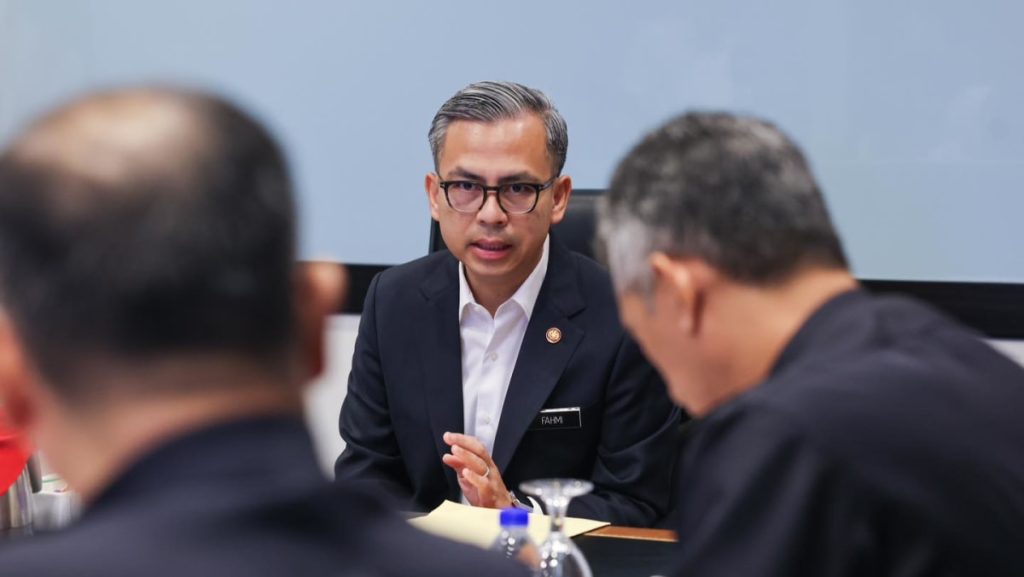In March 2018, then-prime minister Najib Razak and his ruling Barisan Nasional (BN) government introduced the controversial Anti-Fake News Act which imposed fines of up to RM500,000 and a maximum of six years’ jail for spreading what the government deemed as “fake news”. The move was strongly opposed by the opposition parties, including the Pakatan Harapan coalition led by Mr. Fahmi, as well as by political activists who feared that the law would be used to suppress dissenting voices. The opposition promised to revoke the law if they won the election held in May that year, and after their victory, the law was repealed in August 2018.
Mr. Fahmi, who was previously against tighter regulation as a reformist fighting against the status quo, expressed concern about the impact of government actions on freedom of speech. However, the recent suicide of a TikTok influencer made the government reconsider its stance on regulating online service providers and users. Despite the concerns raised by critics, Mr. Anwar reassured that the licensing regime introduced will not restrict freedom of speech in Malaysia but instead aim to tackle the spread of crime and harmful information online.
Supporters of the new measures argue that the move to regulate social media is timely and necessary to maintain balance in the online landscape, especially in relation to civil and criminal cases as well as cybercrimes. Dr. Noor Nirwandy Mat Noordin, a security and political analyst, highlighted the importance of controlling emerging technologies such as artificial intelligence that can be used to manipulate information for malicious purposes. Dave Avran, founder of Malaysians Against Rape, Assault and Snatch Theft, also praised the measures as a way to combat cybercrimes like cyberbullying and protect potential victims.
In response to the introduction of the licensing regime, Mr. Fahmi visited Singapore to meet with social media platforms and discuss their experiences in regulating social media. He also engaged with Singapore’s Digital Development and Information Minister Josephine Teo to understand the challenges faced in imposing regulations on social media platforms. Mr. Fahmi emphasized the importance of ensuring social media platforms take responsibility for criminal activities that occur on their platforms and expressed the belief that it is not too late to implement such measures in Malaysia.
Countries like Singapore have enacted laws and regulations to regulate social media platforms. Singapore’s Protection from Online Falsehoods and Manipulation Act (POFMA) allows the government to require social media platforms to correct or stop publishing what it deems as falsehoods. Additionally, the Online Criminal Harms Act can issue codes of practice to compel social media platforms to implement measures to counter offenses like online scams. If there is a persistent risk of scams despite the codes of practice, the government can issue an implementation directive to reduce this risk.















